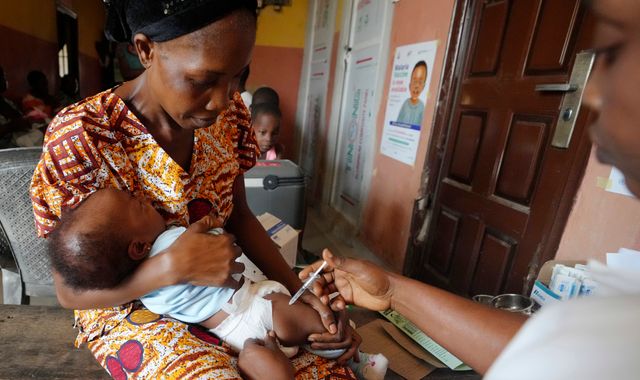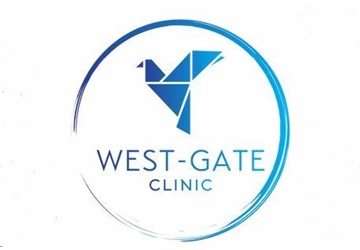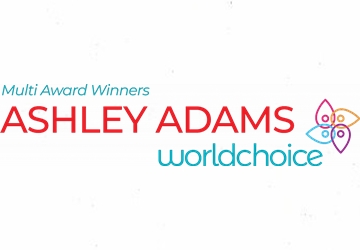The treatment is dissolvable, including in breast milk, and has a sweet cherry flavour to make it easier to administer.
Eight countries took part in a trial for the new treatment – Burkina Faso, Cote d’Ivoire, Kenya, Malawi, Mozambique, Nigeria, Tanzania and Uganda – and it is expected to be rolled out across Africa in a matter of weeks.
Until now, there has been no approved malaria treatment for infants weighing less than 4.5kg (around 10lb). Instead, young infants have been treated with versions made for older children.
This brought with it a risk of overdose, because infant livers are not fully developed.
“The available malaria treatments have only been properly tested in children aged at least six months because smaller infants are usually excluded from treatment trials,” said Professor Umberto D’Alessandro, from the London School of Hygiene and Tropical Medicine.
Around 30 million babies are born in areas of malaria risk every year, with one survey reporting infections ranging between 3.4% and 18.4% in infants less than six months old.
The drug, known as Coartem Baby or Riamet Baby, will be available on a largely not-for-profit basis, the company behind it, Novartis, has said.
In March, scientists said they were genetically modifying mosquitoes in a bid to stop the spread of the disease.
It would mean a mosquito bite in regions of the world where the disease is endemic no longer carries a potential death sentence.
It comes as scientists warned more than half of the world’s population could be at risk of catching diseases transmitted by mosquitoes such as malaria and dengue by the end of the century






























